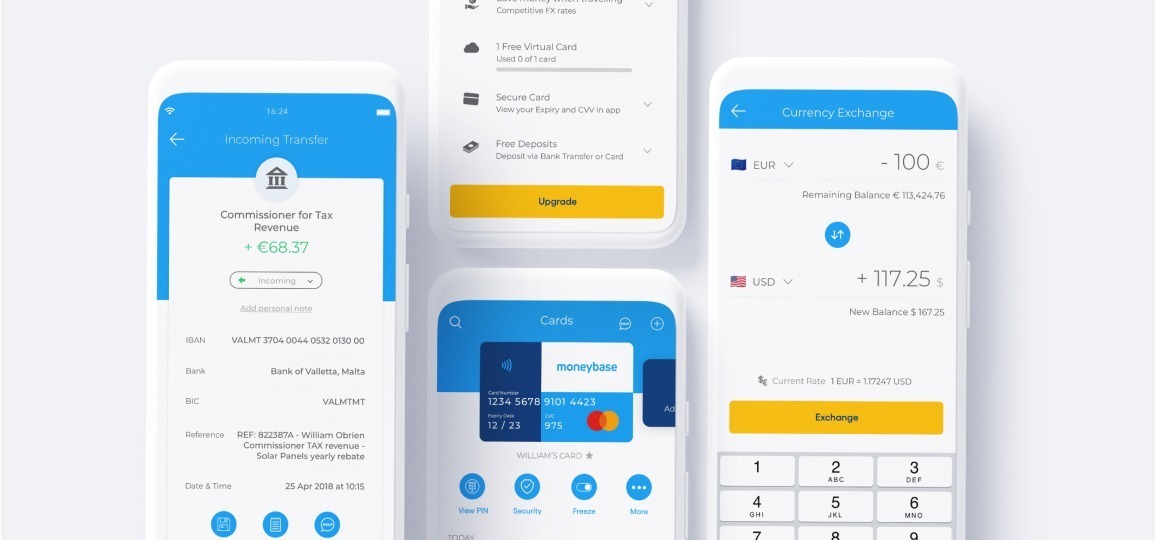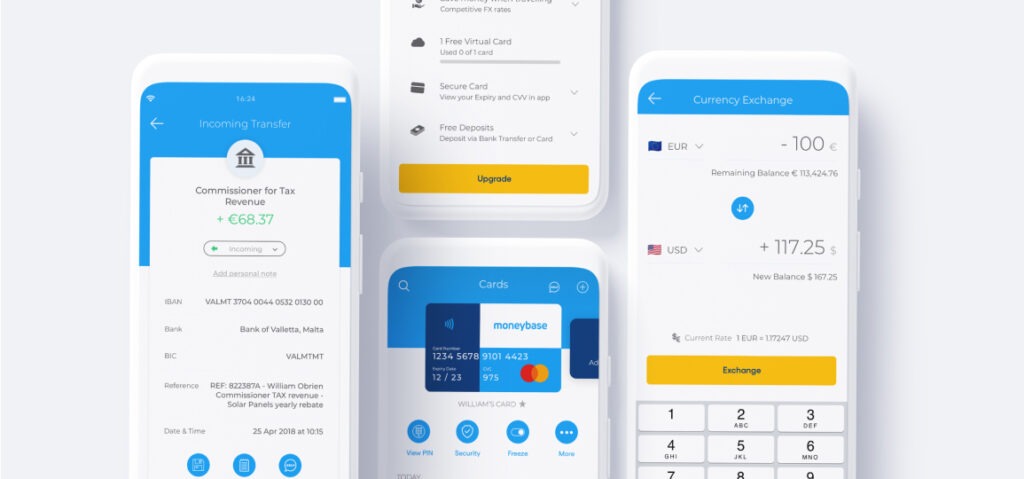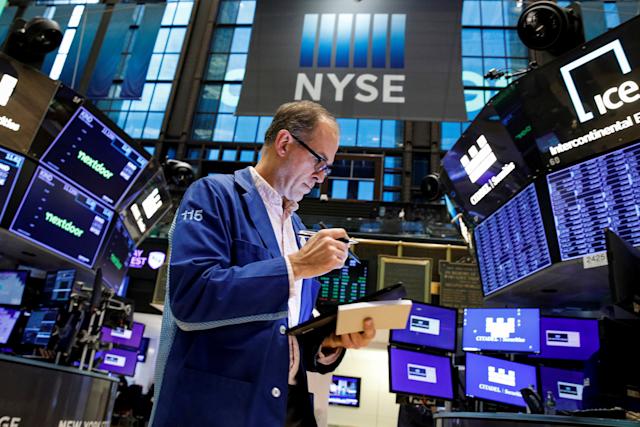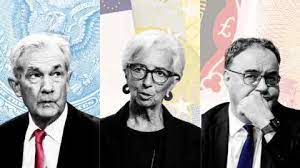Tech giants like Amazon, Facebook and the likes have been lauded for their innovation and ingenuity across the Western world and beyond, yet miles away in the East another success story has soared to record-breaking commercial heights – Alibaba. Offering the technology infrastructure and the marketing reach to help brands, merchants and businesses of all sorts to leverage the power of new technology and engage with customers and users, it took one man’s vision to change the way we buy goods and services in China and beyond.
With annual active consumers on its online shopping properties in China alone reaching 742 million by the end of June, Alibaba has managed to outperform the broader market in the midst of the COVID-19 pandemic and the worst economic crisis in decades. It comes as no surprise then that it is one of the top 10 most valuable corporations, becoming the second Asian company to break the $500 billion valuation mark and being named the 31st largest public company in the world on the Forbes Global 2000 2020 list.

A brief history of Alibaba
Often tooted as the Amazon of China, Alibaba is by far an e-commerce leader in the country, providing direct marketplace services for both consumers and third-party wholesale services for retailers, as well as transactions into and out of China. It has also gained traction as a cloud and digital advertising company over the years, hosting the largest B2B marketplace through Alibaba.com, C2C marketplace with Taobao.com and B2C marketplace with the Tmall.com, a spin off from Taobao. But like any other conglomerate, this one too had humble beginnings.
Originally an English teacher, founder Jack Ma understood the potential the internet had. After quitting his job and moving back to Hangzhou in 1999, Ma together with 17 friends established Alibaba in his very own apartment. The aim was to cater for the country’s commerce-starved internet users and to tap into their retail renminbi. Wondering what’s in the name? Ali Baba is a character from the Middle Eastern folk-tale collection One Thousand and One Nights and Ma chose it for its universal appeal.
With the helping hand of a $25 million investment from Goldman Sachs and SoftBank, the platform was perfected and grabbed consumers’ attention, driving Alibaba to mark its first-ever profit in 2002. This powered it to roll out a series of ventures like the Taobao and Alimama that offers Alibaba sellers online marketing services, while it launched Alipay, a third-party payment platform. With all the tools it needed to flourish at its fingertips and with the Chinese government tightening the internet noose further within the country ousting US e-commerce heavyweights like Amazon out of the Chinese market, Alibaba was left to reign supreme.
It wasn’t until 2005, following China’s blessing for a partnership that Yahoo! invested in the company through a variable interest entity (VIE) structure, purchasing a 40% stake in the company for $1 billion. By then Alibaba had taken the Asian e-commerce market by storm, whereas other US and European companies had to play catch-up.
In 2010, the company launched AliExpress.com, the much-loved online retail service made up of mainly small Chinese businesses offering products to international online buyers at affordable prices. Featuring sellers that are either companies or individuals, AliExpress connected Chinese businesses with international buyers, mainly from the US, Russia and Brazil.
By 2014, the wholesale business alone brought Alibaba $1 billion in revenues and a year later it increased its volume of business by 45%. Today, the company operates four business segments, the core commerce segments that includes Chinese and international retail, as well as wholesale and logistics services, the cloud computing sector which offers a complete suite of cloud services, the digital media and entertainment segment and the innovation initiatives division that aims to innovate and deliver new services and products.
Fun fact
Alibaba may be riding the tech wave and embracing some of the most high-tech innovations for its platforms and other ventures, however, founder Jack Ma is no tech whiz. He only discovered the web in 1995 whilst on a trip to Seattle, while his first ever internet search was the word ‘beer’.

Alibaba goes public
In 2014, Alibaba went public on the New York Stock Exchange at $68 per share. The opening price rose further reaching $92.70, while shares closed on their first day of trading at $93.89. Raising a whopping $25 billion and affording the company a market value of $231 billion, the IPO was considered the largest in the US, beating other tech giants like Google (GOOGL), Facebook (FB) and Twitter (TWTR). For instance, an initial $1000 investment made at the closing price on September 19, 2014 would be worth $1,902.43 four years later as of August 6, 2018 - an approximately 90.24% jump in value from the closing price on the first day of trading.
Following its IPO, Alibaba has grown exponentially in both the products and services it offers, as well as the companies it owns, becoming a mainstay in the tech world. And despite recent tensions between the world’s two biggest economies, the US and China intensifying during the COVID-19 outbreak, the Alibaba Group seems to be in a good spot as China continues its economic recovery from the pandemic. The company reported a revenue of $23 million in the quarter ending June 30, 2020, an increase of 34% year-over-year.
Alibaba goes public in Hong Kong
In late 2019, the Group smashed another record for the largest IPO of that year when it debuted in Hong Kong (HKG: 9988), managing to raise $11.2 billion in a secondary listing in a city plagued by political unrest and recession. Also ranking as the world’s biggest cross-border IPO, Alibaba’s global offering included 500 million shares, priced at HK$176 or approximately $22.5 a share.
Opening the door to opportunities in the region for investors, the listing is also expected to pave the way home for other US-listed Chinese companies like JD.com and Baidu.
With plenty of room to grow as it expands further overseas with its AliExpress marketplace and other ventures like kaola.com, its cross-border platform selling western brands, the profits it could potentially deliver to its shareholders are anticipated to be high.
Invest in Alibaba (BABA) with Moneybase Invest
Ready to buy a share in Alibaba (BABA), the Chinese e-commerce darling? Moneybase Invest, the award-wining live trading platform powered by Calamatta Cuschieri from the Android or Apple App Store or visit https://live.cctrader.com from any browser to sign up.
Moneybase Invest is brought to you by Calamatta Cuschieri and is licensed by the MFSA. C13729. Moneybase Invest offers direct market access and speed of execution and is intended for knowledgeable and experienced individuals taking their own investment decisions. The value of investments may go up and down and currency fluctuations may also affect investment performance.






